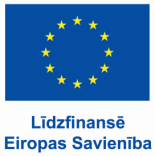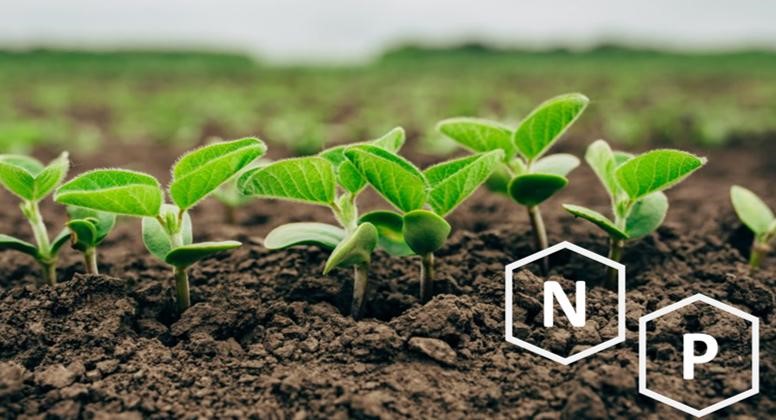NENUPHAR: New governance models for improved plant nutrient management and reuse

Name: New governance models to enhance nutrient pollution handling and nutrients recycling (NENUPHAR)
Total project budget: 5.7 million euros
Financing: European Commission, Horizon Europe
Implementation time: 01/11/2023 – 30/04/2027
Project partners: representatives of science, business and non-governmental organizations – 21 organizations from Belgium, Greece, Denmark, Cyprus, Latvia, Lithuania, Slovakia, Spain, Hungary and Germany
Project description: Ecosystems are simultaneously threatened by nutrient pollution and record-high fertilizer prices. Extracting nitrogen and phosphorus from recyclable waste and using them appropriately as fertilizers is a solution to both problems, providing soil nutrients at a competitive price and ensuring cleaner soil, air and water systems. However, this requires intensive work in the areas of policy, regulation and governance, as it requires the involvement of many stakeholders.
The NENUPHAR idea is intended to address these needs by developing new management solutions for three widespread waste streams: manure, sewage sludge and dairy wastewater. The process will address four key issues related to these waste streams:
- methodology to estimate nitrogen and phosphorus emissions from fertilizer application to soil;
- new governance models based on a network management approach;
- innovative economic and financial incentives for the public and private sectors;
- technologies for treating manure, sewage sludge and dairy wastewater to recover nutrient loads.
The NENUPHAR approach will be demonstrated in three different regions – geographically distinct river basins: the Ebro River Basin (Spain), the Lielupe River Basin (Latvia-Lithuania) and the Danube River Basin (Hungary-Slovakia). In turn, these activities are planned to be replicated in two islands (Cyprus and Bornholm). In total, the regions involved in the demonstrations have a population of 5.4 million and an area of 109,000 km2.
Purpose: The overall objective of the project is to demonstrate new circular value chains focused on the recovery of nitrogen (N) and phosphorus (P) from three main waste streams at EU level: animal waste, sewage sludge and dairy wastewater.
Specific objectives
1.Promote stakeholder cooperation at different levels and establish long-term governance structures for more effective and circular management of nutrient flows.
2.Map the main nitrogen and phosphorus pollution flows and develop solutions for predicting, monitoring, controlling and recovering these flows.
3.To characterize the regulatory, political and financial environment for nitrogen and phosphorus emissions management and provide recommendations for more effective policies and funding schemes.
4.Implement and demonstrate, on a real scale, in three different river basins, management solutions and pollution plume treatment processes that allow for the circular reuse of nitrogen and phosphorus.
5.Create an EU-wide community and roadmap for the implementation of NENUPHAR solutions in other regions, starting with the following three regions in Denmark and Cyprus.
6.To share knowledge about previous projects and initiatives, while building a community of interest among professionals ready to replicate the insights of NENUPHAR.
Main project activities:
- identifying and defining governance models that promote dialogue and cooperation;
- analysis of new value chain opportunities;
- evaluation of regulatory and economic instruments;
- implementation of demonstrations and evaluation of their impact;
- implementation of capacity building and regional cooperation activities.
Main project activities in Latvia and Lithuania: In the Lielupe River Basin in Latvia and Lithuania, composting and application of sewage sludge to agricultural land will be studied and demonstrated. Composted sewage sludge is a hitherto underutilized resource in agriculture, which can provide environmental and economic benefits if used correctly. Therefore, within the framework of NENUPHAR activities, the possibilities of composting sewage sludge will be identified, a methodology for composting and application of sewage sludge will be developed, as well as the results will be demonstrated and evaluated. It is planned that demonstrations will be carried out in six different fields in Latvia and Lithuania in total, and the results will be useful for further use of the method.
The project is supported by the European Union under grant agreement No 101082169. Funded by the European Union. However, the views and opinions expressed are those of the author(s) alone and do not necessarily reflect those of the European Union. Neither the European Union nor the granting authority can be held responsible for them.



